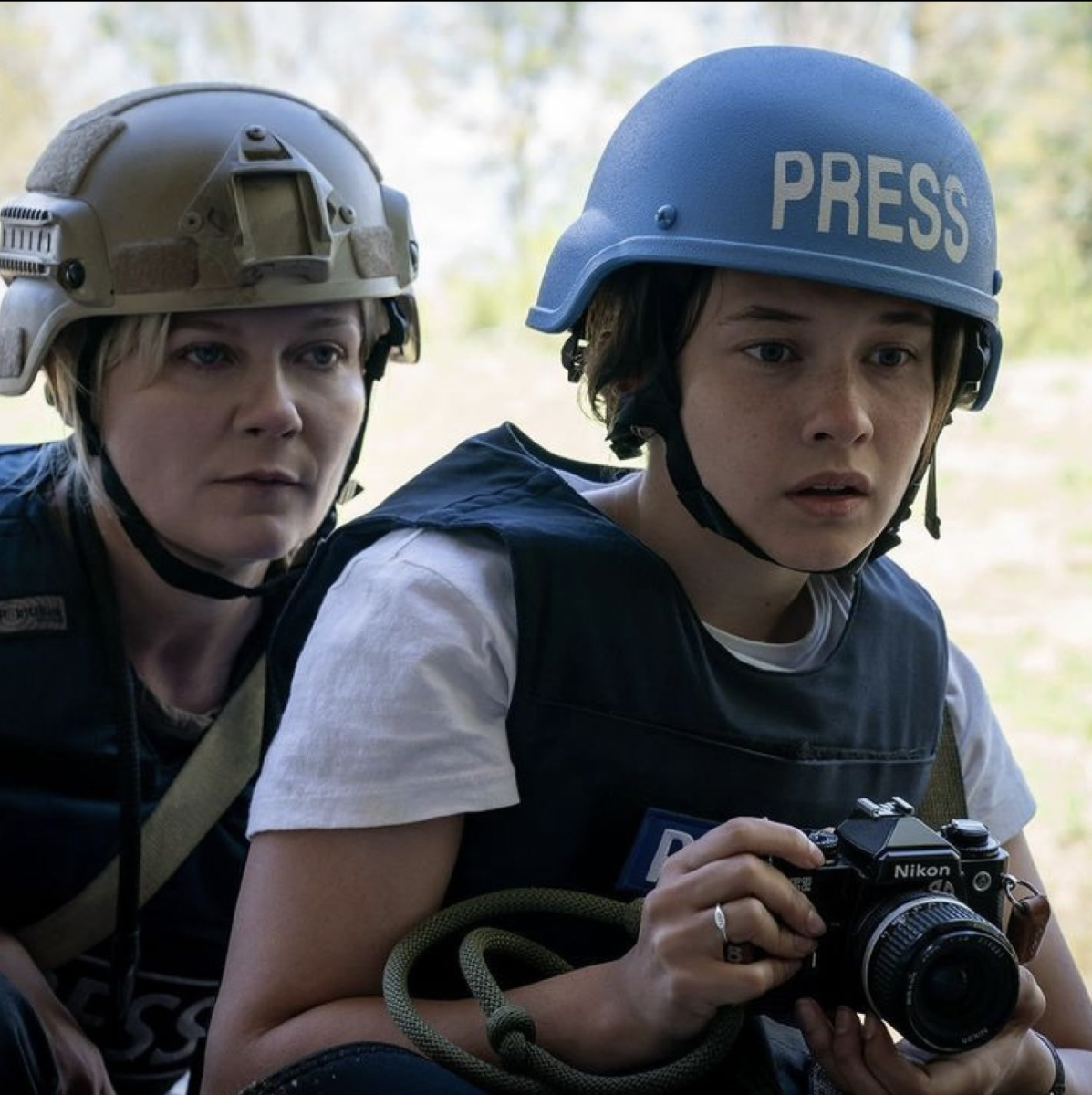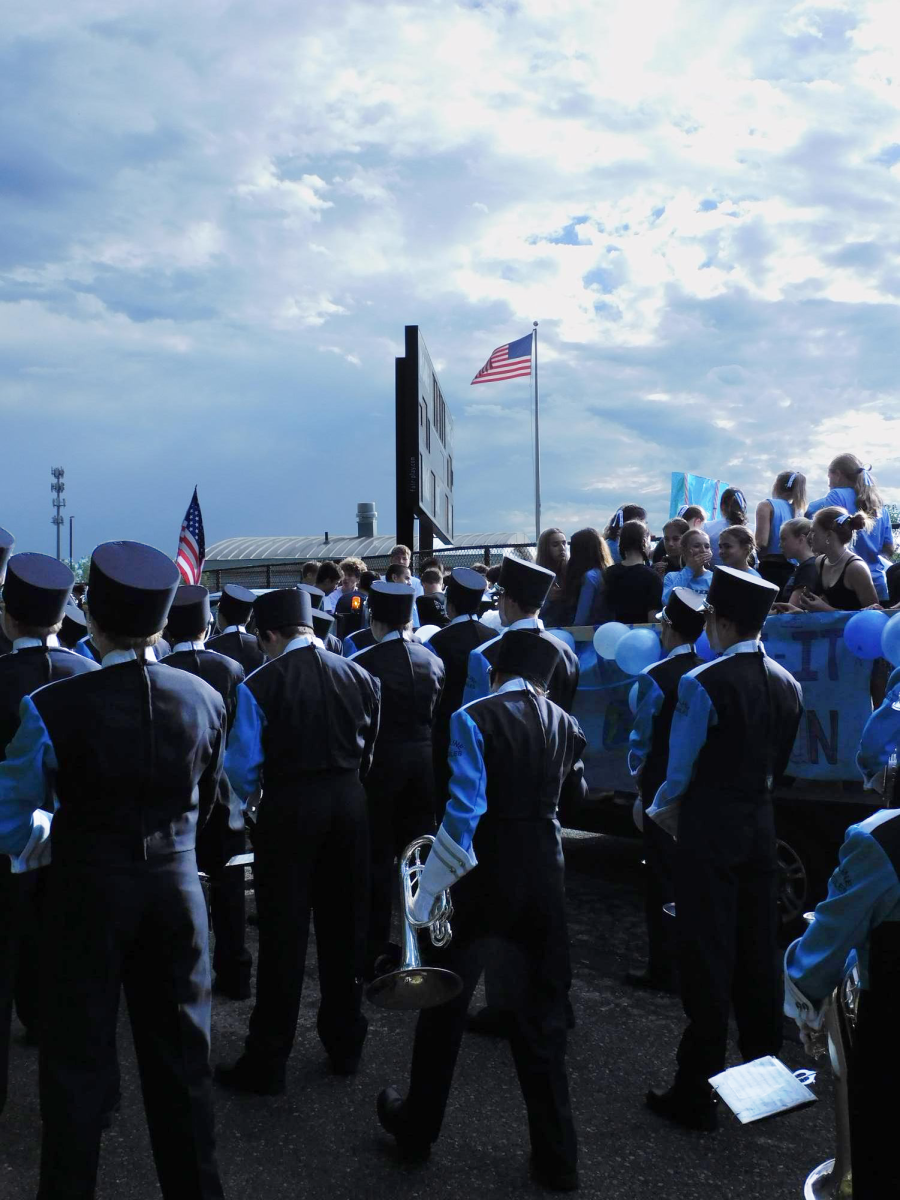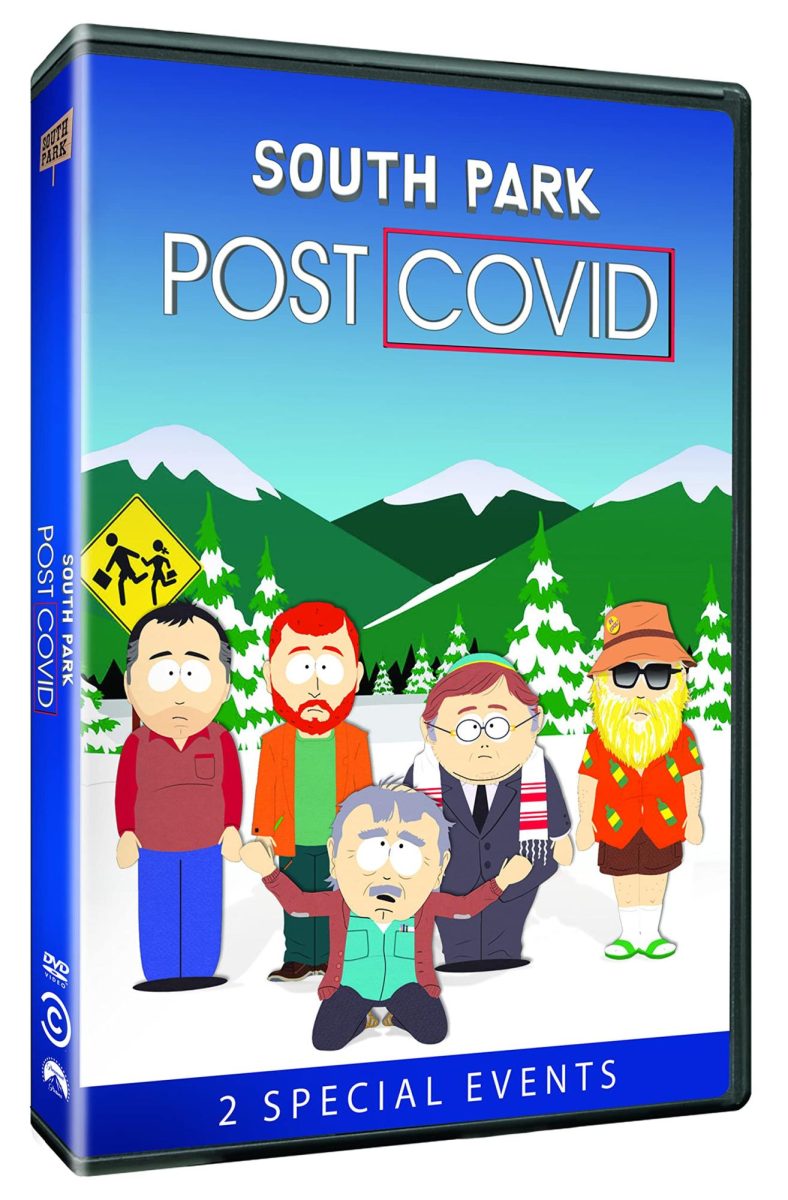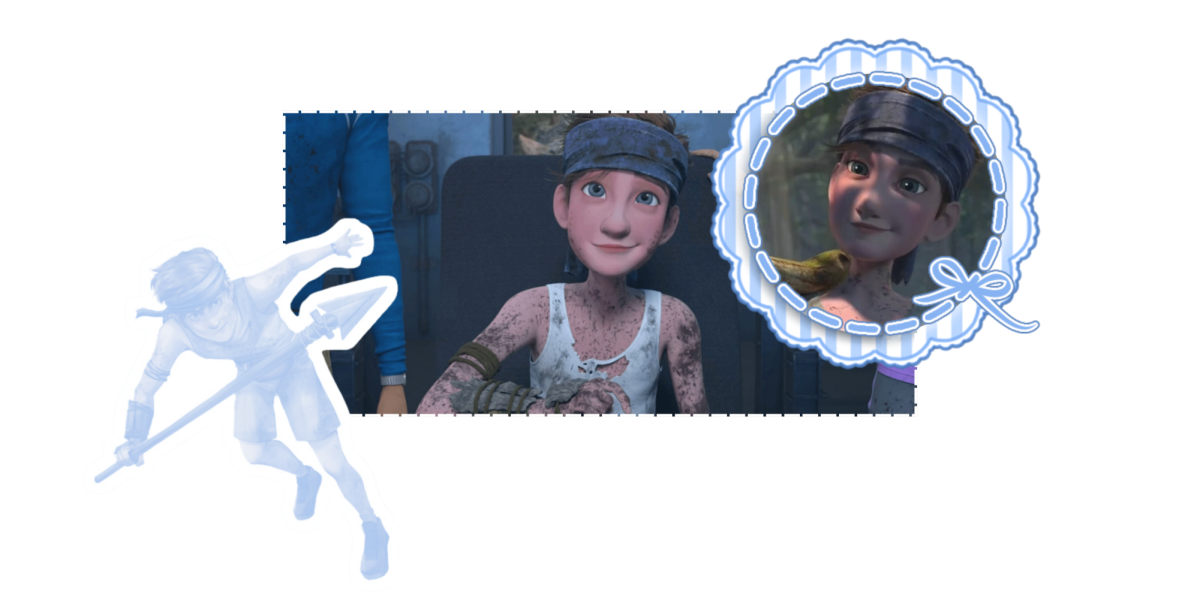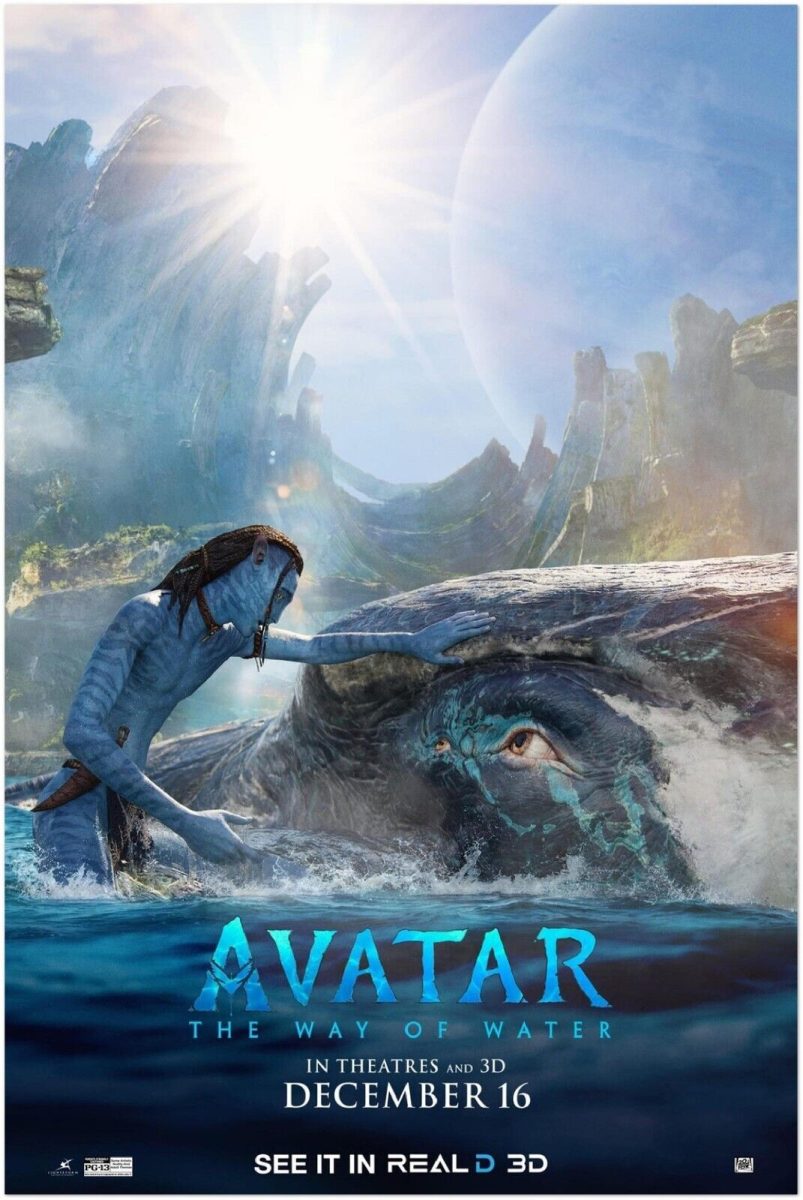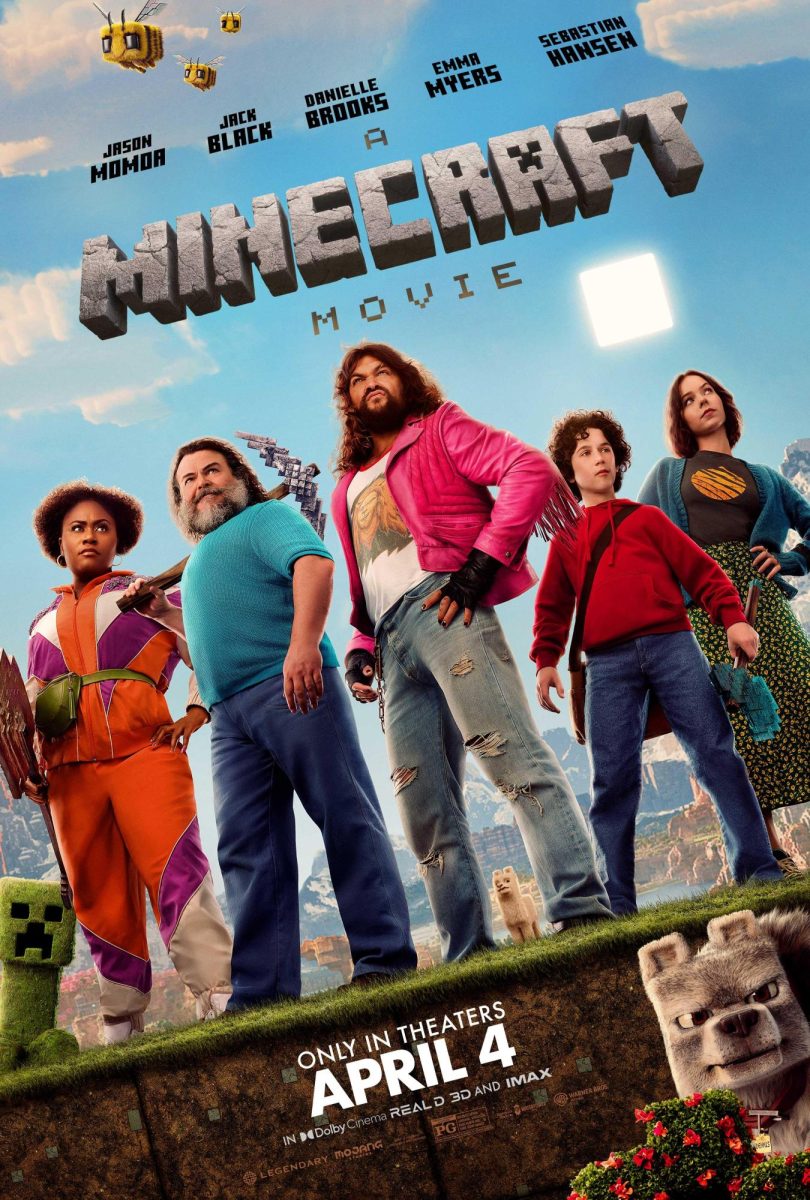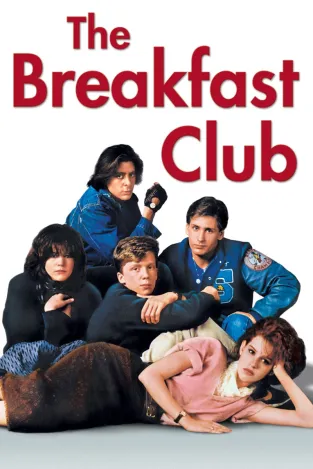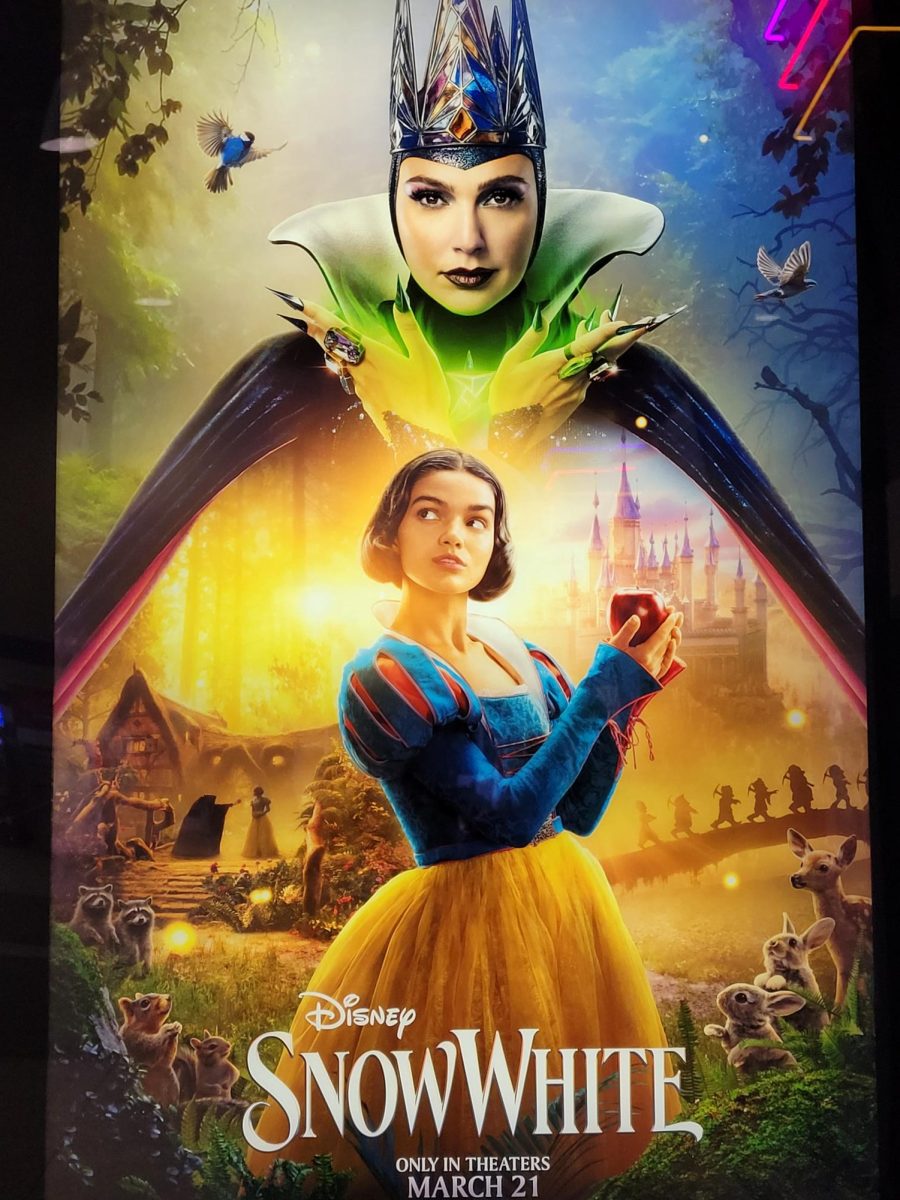“Civil War” was not the movie I expected. Originally marketed by A24 as a play on Roland Emmerich’s film Independence Day (minus the Alien Invasion), I anticipated a politically charged action movie depicting the downfall of our institutions. However, rather than experiencing a war zone, I found myself on a deeply emotional journey.
It focuses on journalist Lee Smith (Kirsten Dunst) and her team: Jesse (Cailee Spaeny), a rookie reporter who idolizes Lee; Sammy (Stephen McKinley Henderson), a retired journalist; and Joel (Wagner Moura), an experienced mentor of journalism. The film does not hesitate to thrust us right into the middle of the conflict. Texas and California have united to form the Western Coalition, aiming to dismantle what’s left of the federal government. We follow the group of war reporters as they journey by car through the isolated wasteland that America has become, all in pursuit of an interview with the president, who is holed up in the Oval Office, avoiding the chaos outside.
For the people who watched this movie and hoped their political views would be reflected on the silver screen: you missed the point. Many of my family members watched in confusion or even anger at the politically ambiguous stances of the journalist and the characters in the film, which seemed to undermine the entire plot. They expected clear political alignments, but the film’s focus on the journalists’ objectivity complicates that expectation. By prioritizing their neutrality, it challenges us viewers to engage with the complexities of the situation rather than simply rooting for one side.
The first thing that stood out to me was Dunst’s performance as Smith and her ability to seamlessly reflect the emotional detachment photojournalists often adopt to get the shot. Her numbness is striking, to the point where some critics see it as a flaw. However, to me, this quality makes her character iconic in her field; she skillfully shields herself from the psychological trauma she has endured to protect her faith in journalism.
To clarify for those unfamiliar with the term: journalism often involves reporting on distressing events, such as war, crime, or disaster, which can take a significant emotional and mental toll. To ensure accuracy and fairness, journalists follow an objective process—gathering facts, verifying sources, and presenting information without bias or personal emotion. This emotional detachment helps them manage the mental strain and maintain the integrity of their work.
The first lesson any journalist learns is the importance of staying unbiased and keeping facts separate from opinion. In news, supporting only one side risks your reputation as a journalist and jeopardizes the accuracy of the information in favor of your own beliefs. The film’s apolitical message serves as a tribute to the importance of ethical journalism and why its preservation matters, rather than functioning as a vehicle for political commentary.
As a young journalist, I realized we should be preparing for this reality now. In “Civil War,” the challenges and influence of journalism are prominently showcased for discussion—and even passionate debate. Rarely have I ever seen a movie that makes me so uncomfortable yet impressed. I recommend everyone see this on the biggest screen possible and think for themselves: “How do we handle a situation like this when it becomes our reality?”

